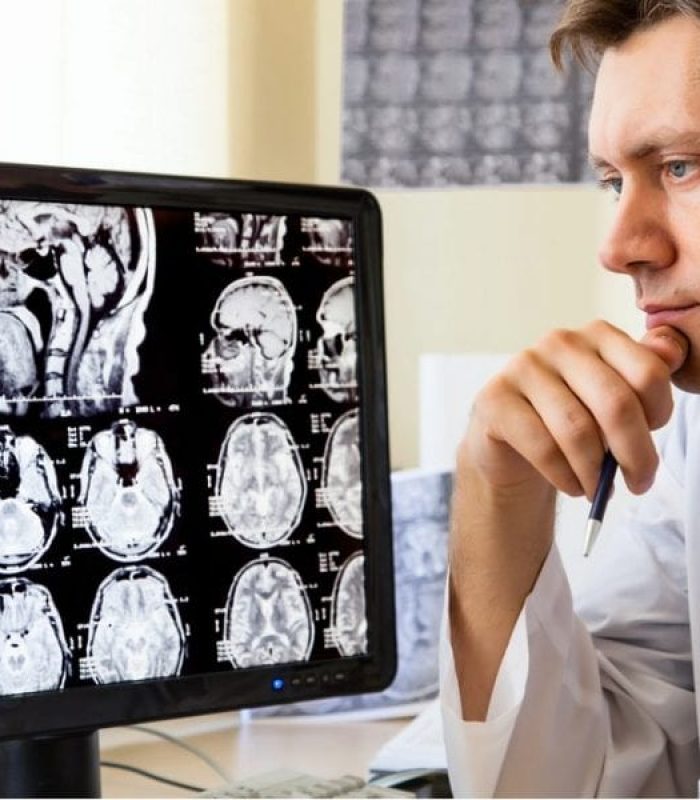Early studies show that cannabinoids may be at least as effective as currently accepted pharmaceutical medication.
Estimates say that attention deficit/hyperactivity disorder (ADHD) currently affects five percent of children and three percent of the adult population. The affected individuals display inappropriately high levels of inattention, hyperactivity and impulsivity that often accompany emotional instability and psychiatric disturbances. Good thing scientists are studying cannabis as a possible ADHD medication.
What is the Current ADHD Medication?
The pharmacological treatment of ADHD is through using amphetamines, specifically drugs such as Attentin® and Adderall®. So, if stimulants are currently in use treatment wise where does cannabis fit in? In ADHD, there is a disturbance to transmission of neurotransmitters such as dopamine and norepinephrine. There is also a disturbance too the mechanism of action of the abovementioned drugs. This occurs by either inhibiting reuptake of the neurotransmitters or directly affecting their release. Higher doses of the drug can cause euphoria and as such, are potentially dangerous substrates for misuse and addiction.
Another FDA-approved drug for ADHD treatment is in the class of methamphetamines. Yes, the same methamphetamine that is a highly addictive, intoxicating drug that affects the central nervous system. Getting by prescription is possible by the commercial name Desoxyn with an effective dose of 20-25mg daily. Methamphetamine is an example of a chemical compound that, depending on the dose, can act as a beneficial pharmacotherapy and then also be a potent, highly addictive drug of abuse. At low doses, methamphetamine enhances dopaminergic transmission and attenuates hyperactivity, inattention and behavioural variability. However, it is usually prescribed only for short periods of time due to its addictive properties.

Cannabis as a Treatment Option for ADHD
It is common in clinical practice for adults with ADHD to report cannabis use. The beneficial aspects of cannabis they report include feeling calmer, improved sleep, decreased restlessness. Despite the above mentioned pharmacological treatments that exist for ADHD, patients often do not find relief. Patients often don’t tolerate the drugs well or they have only partial effect. In more extreme cases, adverse effects occur, such as cardiovascular effects, growth suppression and the development of psychoses. Therefore, development of novel treatments can fulfill this insufficiency in effectiveness and also could reveal novel mechanisms underlining the disorder.
How did Sativex Perform?
Investigations into the potential of cannabinoids as therapeutics for ADHD have not been extensively carried out until recently. A pilot study — published in the Journal of the European College of Neuropsychopharmacology (2017) — investigating the beneficial effects of Sativex, an oromucosal spray consisting of THC and CBD in 1:1 ratio in adults with ADHD. This pilot study was a 6-week single center, double-blind, placebo-controlled study conducted in United Kingdom. They found that in the group receiving Sativex, there were significant improvements observed in hyperactivity and impulsivity. With trends towards improvement for inattention and emotional lability. While there was no observation of negative effects on these primary outcomes.

Image Credit: GW Pharmaceuticals
One potential mechanism by which cannabinoids would be therapeutically beneficial in ADHD patients may be the anti-anxiety effects of CBD and THC.
According to the research these occurred in healthy subjects after acute administration. The resultant calming effect can reduce feelings of restlessness and impulsive behavior in the participants of this study. Other proposed mechanisms for therapeutic benefits of cannabinoids in ADHD can involve enhancement of dopaminergic transmission. Particularly, changes in dopamine in a specific brain region called the striatum may alter somewhat as the striatal dopamine modulates the endocannabinoid system. Other studies suggest that THC administration increases dopamine in this and other brain regions thought to have links to ADHD.
As far as combining THC and CHD together, the research states that: “to taper the THC high, balance with CBD. If you want to enhance THC’s effects, take CBD prior to consuming THC.”
The Future of Cannabis as ADHD Medication
Overall, cannabinoids seem to potentiate dopaminergic signaling in the relevant brain regions for ADHD. Which is similar to the stimulant prescription drugs but without the side effects and lack of tolerance by the ADHD patients. In fact, in the study described above, the only negative feedback regarding Sativex was sleepiness (occurred in 3 cases) and slower thoughts (also occurred in three cases). Collectively, CBD and THC with their anxiolytic effect and potential impact on dopaminergic signaling may be a superior alternative to the existent pharmacological treatments for ADHD. Since the pilot study conducted in the U.K. enrolled only thirty patients, larger scale studies must occur to further the knowledge of the effects of cannabinoids in ADHD pharmacotherapeutics.





